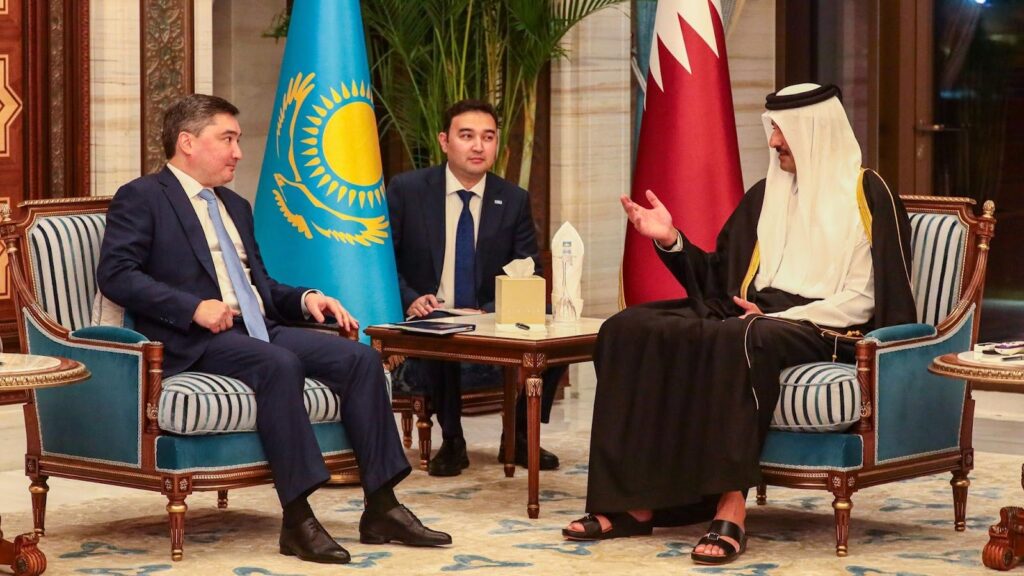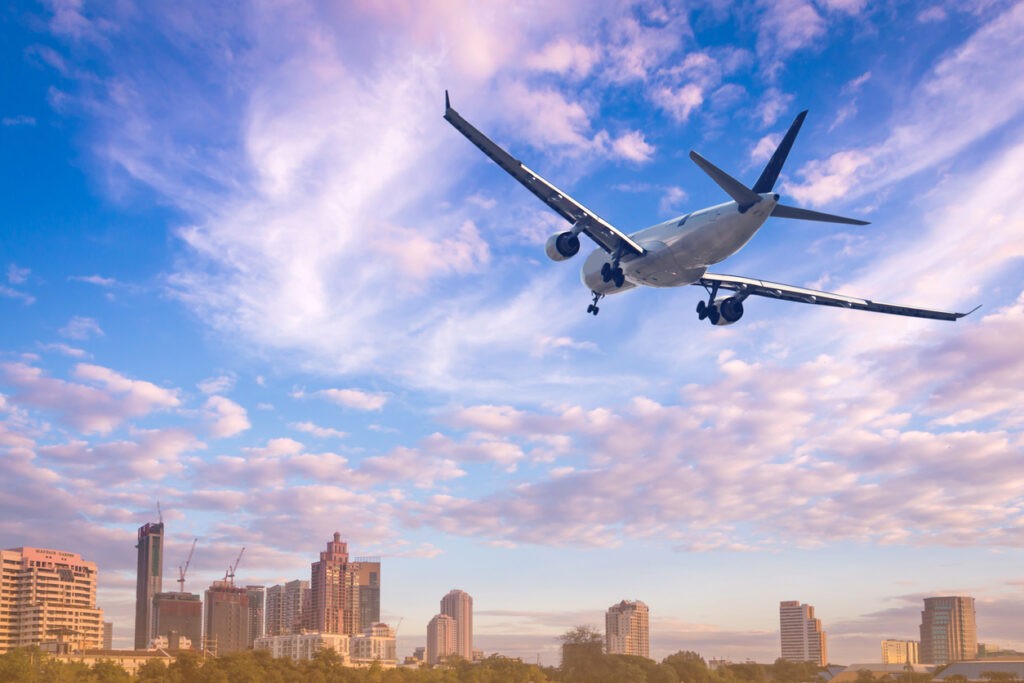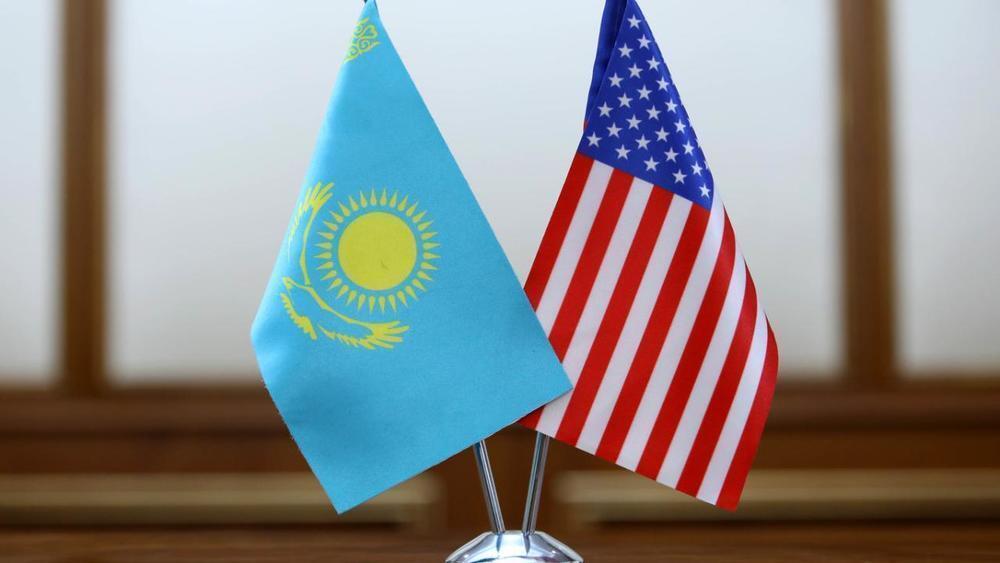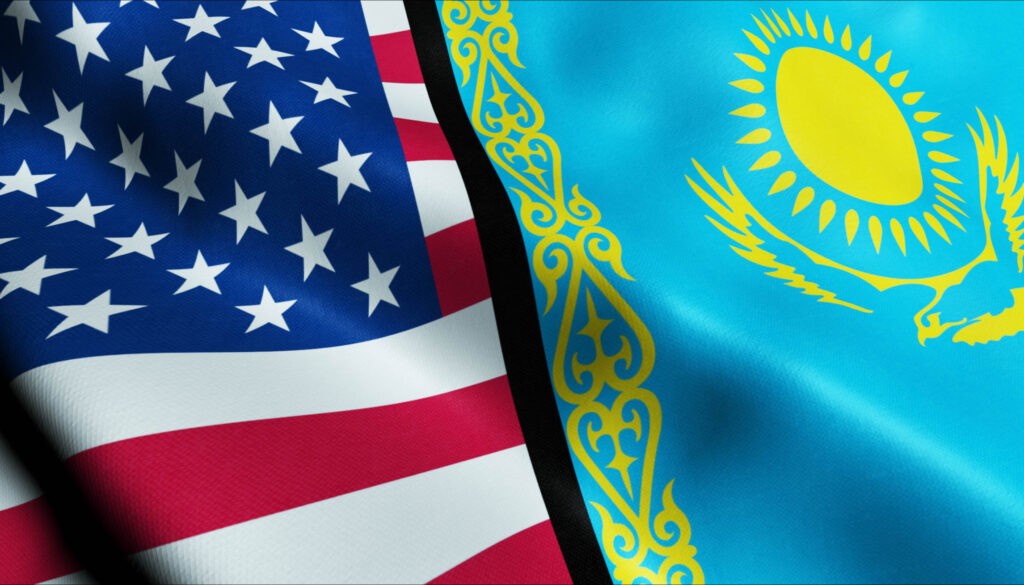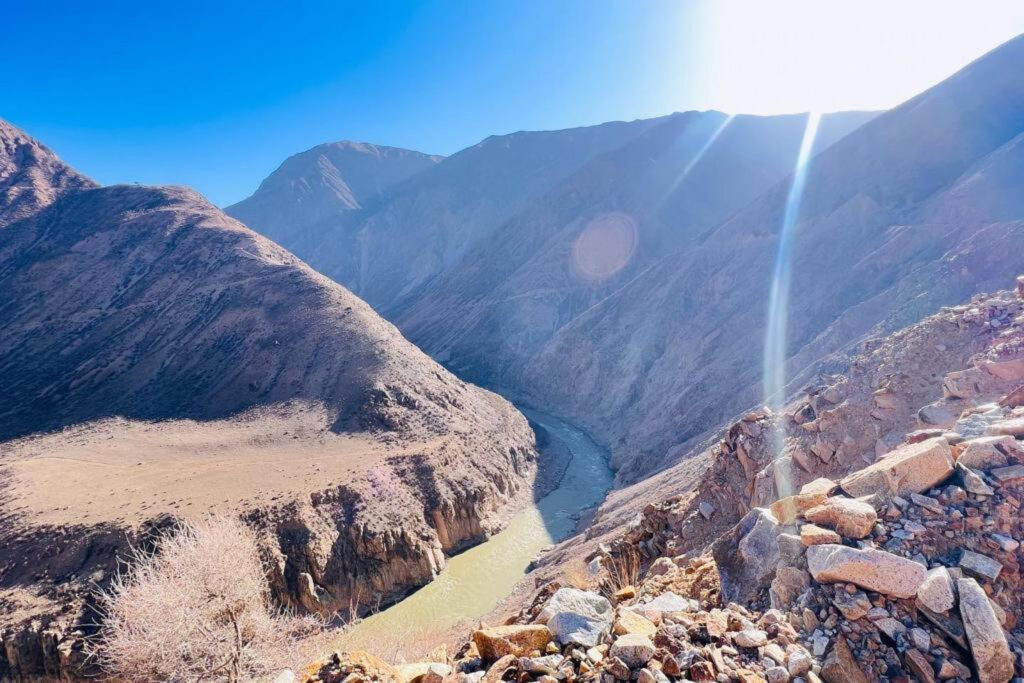Kazakhstan and Qatar to Implement Projects Worth $17.6 Billion
On March 20th the Prime Minister of Kazakhstan Olzhas Bektenov attended a meeting in Qatar with the Emir of Qatar, Sheikh Tamim bin Hamad Al Thani. During discussions, Bektenov emphasized the importance of the two countries’ economic partnership in the Arab world and reported on the imminent implementation of large-scale and strategically significant investment projects worth an unprecedented amount of $17.6 billion. The governments of Kazakhstan and Qatar subsequently signed an agreement on establishing a long-term strategic partnership for the development of projects in priority sectors. Projects include the construction of gas processing plants in Kazakhstan at a cost of around $5.7 billion. The additional construction of a Aktobe-Kostanay gas pipeline and the second section of the Beineu-Bozoy-Shymkent gas pipeline for a total cost of around $7.7 billion, will develop gas supplies to Kazakhstan's northern regions. A further investment of around $2.7 billion will fund the construction of a combined cycle gas power plant with a capacity of 1,100 MW, and a hydroelectric power plant with a capacity of 350 MW, to ensure long-term energy security of Kazakhstan. With reference to agriculture, the Prime Minister declared Kazakhstan’s readiness to supply halal and organic products to Qatar, and stated that the two countries are on course to construct plants for the deep processing of wheat, peas and milk in Kazakhstan.


